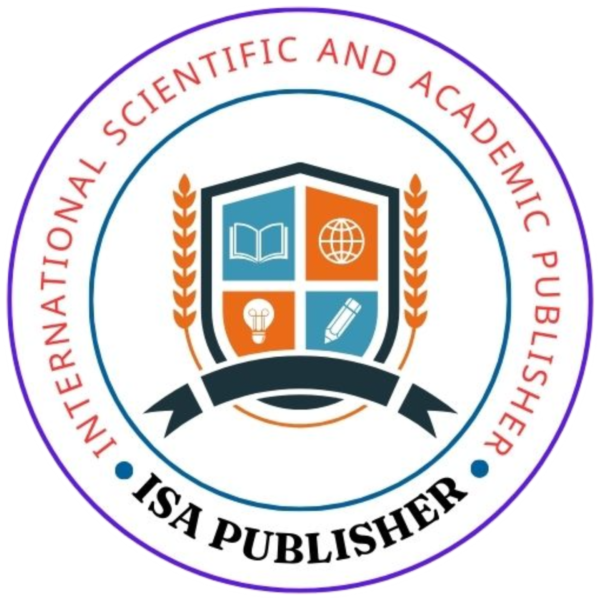Assessment of Parental Knowledge of Long-Term Health Risks in Infants Due to Environmental Pollution from Crude Oil Refineries in Eleme and Tai LGAs, Rivers State
- William Israel Udo1, Frank-Briggs Angela Ine2, Oladipo Gabriel Sunday3
- DOI: 10.5281/zenodo.15579056
- ISA Journal of Medical Sciences (ISAJMS)
Chronic exposure to environmental pollutants from crude oil refining poses significant health risks, particularly for infants. These risks often manifest as long-term developmental, respiratory, and neurological problems. In communities with prolonged exposure, such as Eleme and Tai Local Government Areas (LGAs) in Rivers State, Nigeria. This study assessed the level of parental knowledge concerning the long-term health risks in infants due to environmental pollution from crude oil refineries and examined whether socio-demographic factors such as gender, age, and educational level influence awareness levels. A descriptive cross-sectional survey was conducted among 357 parents of infants aged 0–12 months residing near crude oil refining facilities in Eleme and Tai LGAs. Data were collected using structured, interviewer-administered questionnaires and analyzed using IBM SPSS version 28. Descriptive statistics, t-tests, and ANOVA were employed to evaluate knowledge scores and demographic influence, with statistical significance set at p < 0.05. Parents in both LGAs demonstrated a high level of awareness regarding both short-term and long-term pollution-related health issues in infants, with Weighted Average (WA) scores above 3.00 in all categories. While Tai residents showed slightly higher knowledge scores (WA = 3.28) than Eleme (WA = 3.21), no statistically significant differences were found based on gender (p = 0.148), age (p = 0.325), or education (p = 0.996). Parental knowledge of long-term health effects of refinery pollution on infants is high and consistent across demographic groups. This widespread awareness highlights the potential of community-based experiences in cultivating environmental health literacy. However, knowledge must be paired with improved access to healthcare, environmental education, and supportive public health infrastructure to mitigate long-term risks in vulnerable populations.

